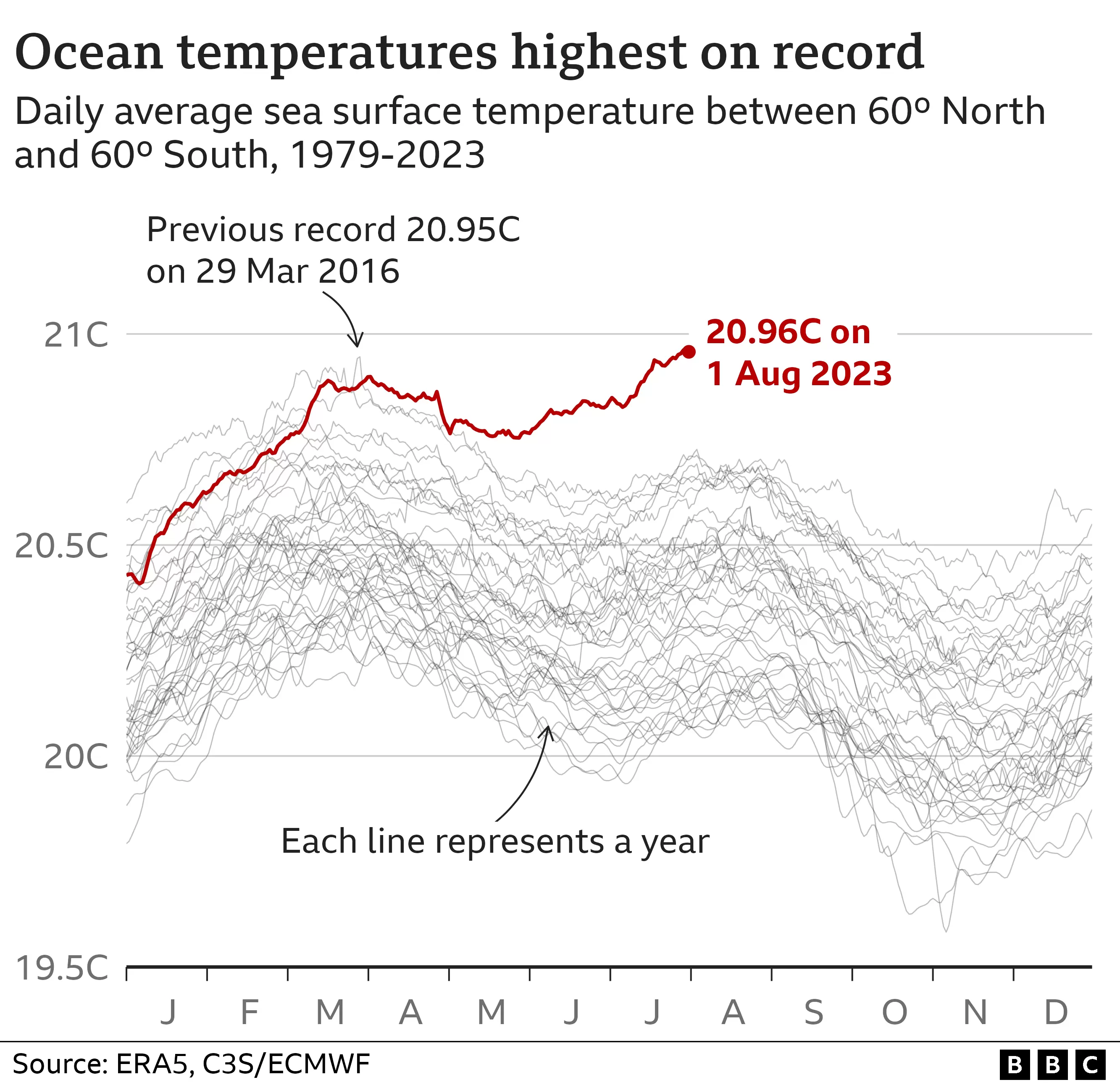26:30
Brings up progress traps of this new technology
26:48
question
How do we shift our (human being's) relationship with the rest of nature
27:00
metaphor - interspecies communications
- AI can be compared to a new scientific instrument that extends our ability to see
- We may discover that humanity is not the center of the universe
32:54
Question - Dr Doolittle question - Will we be able to talk to the animals?
- Wittgenstein said no
- Human Umwelt is different from others
- but it may very well happen
34:54
species have culture
- Marine mammals enact behavior similar to humans
- Unknown unknowns will likely move to known unknowns and to some known knowns
36:29
citizen science bioacoustic projects - audio moth
- sound invisible to humans
- ultrasonic sound
- intrasonic sound
- example - Amazonian river turtles have been found to have hundreds of unique vocalizations to call their baby turtles to safety out in the ocean
41:56
ocean habitat for whales - they can communicate across the entire ocean of the earth
- They tell of a story of a whale in Bermuda can communicate with a whale in Ireland
43:00
progress trap - AI for interspecies communications - examples
- examples - poachers or eco tourism can misuse
44:08
progress trap - AI for interspecies communications - policy
45:16
whale protection technology
- Kim Davies - University of New Brunswick - aquatic drones
- drones triangulate whales
- ships must not get near 1,000 km of whales to avoid collision
- Canadian government fines are up to 250,000 dollars for violating
50:35
environmental regulation - overhaul for the next century
- instead of
- treatment, we now have the data tools for
- prevention
56:40
- ecological relationship - pollinators and plants have co-evolved
1:00:26
AI for interspecies communication - example - human cultural evolution controlling evolution of life on earth


 A link to the Bible with a mention of the Gentile or the Jew. Interesting that this was added to this book. Maybe a link to when Moses split the Red Sea
A link to the Bible with a mention of the Gentile or the Jew. Interesting that this was added to this book. Maybe a link to when Moses split the Red Sea